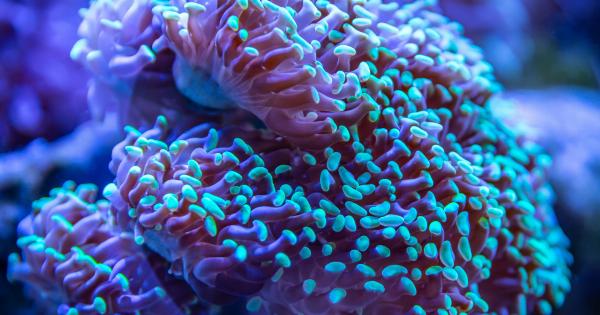For years, health experts have been encouraging people to drink more water. However, there is such a thing as too much of a good thing. While staying hydrated is important, drinking too much water can actually be harmful to your health.
This article will examine how much water is too much, what are the symptoms of overhydration, and what you can do to stay hydrated without overdoing it.
How much water should you drink?
You may have heard that you should drink at least eight glasses of water a day, or about two liters. However, this is just a general guideline, and the amount of water you need can vary depending on your weight, sex, activity level, and other factors.
For example, if you exercise regularly or live in a hot climate, you may need to drink more water to stay hydrated.
A better way to determine your ideal intake is to follow the advice of the National Academies of Sciences, Engineering, and Medicine, which recommends a total daily intake of 11.5 cups (2.7 liters) for women and 15.5 cups (3.7 liters) for men.
However, keep in mind that this includes water from all sources, including food and other beverages such as tea and coffee.
What happens when you drink too much water?
Drinking too much water can lead to a condition called hyponatremia, which occurs when the sodium levels in your blood are diluted.
This can cause cells to swell, including those in your brain, leading to symptoms such as headaches, nausea, vomiting, seizures, and in severe cases, coma or death.
While hyponatremia is rare, it can occur in athletes who drink excessive amounts of water during events, as well as in people who are on certain medications that affect the body’s fluid balance or have medical conditions that affect the kidneys or adrenal glands.
What are the symptoms of overhydration?
The symptoms of overhydration can vary depending on the severity of your condition. Mild cases may cause no noticeable symptoms, while severe cases can be life-threatening. Some of the most common symptoms include:.
- Headache
- Nausea
- Vomiting
- Confusion
- Seizures
- Coma
If you suspect that you may be experiencing overhydration, seek medical attention immediately. Your doctor can perform a blood test to check your sodium levels and determine the appropriate treatment.
How to stay hydrated without overdoing it
To stay hydrated without overdoing it, here are some tips:.
- Drink water when you are thirsty. This is your body’s way of telling you that you need more fluids.
- Pay attention to the color of your urine. If it is pale yellow or clear, you are likely getting enough fluids. If it is dark yellow or amber, you may need to drink more water.
- If you exercise, drink water before, during, and after your workout to replace fluids lost through sweat.
- If you work outdoors or in a hot environment, take frequent breaks and drink water to avoid dehydration.
- Avoid drinking excessive amounts of water or other fluids in a short period of time.
By following these tips, you can stay hydrated and avoid the dangers of overhydration.
Conclusion
Drinking water is important for overall health, but it is possible to overdo it. Drinking too much water can lead to hyponatremia, a condition that can cause serious health problems.
To avoid overhydration, it is important to listen to your body’s signals and drink water in moderation. If you suspect that you may be experiencing overhydration, seek medical attention immediately.































